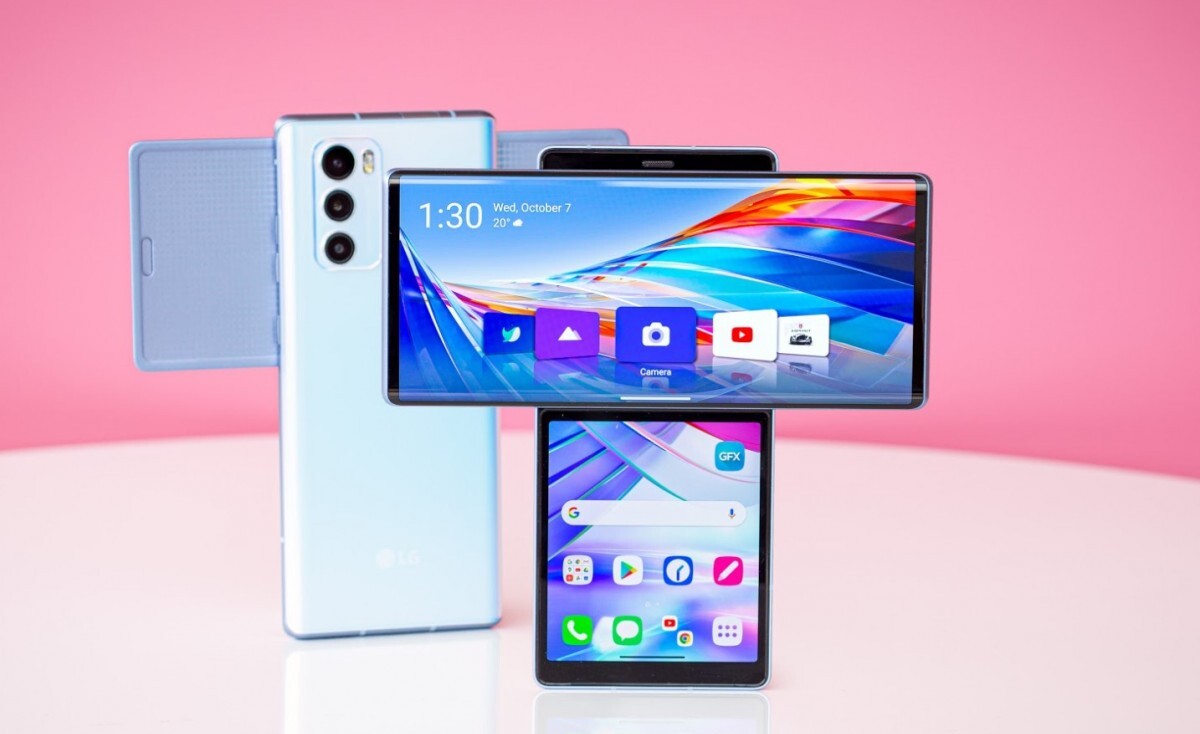LG is making its exit from the mobile phone business to focus its resources in growth areas.
Mobile isn’t just the future, but it has also revolutionised the business sector. With the existing competitiveness in the smartphone market, LG has decided to make exit from the mobile phone business and announced that the company is shutting down its mobile business unit. The company also in a statement said that the decision of quitting the smartphone sector will enable the company to focus its resources in growth areas such as electric vehicle components, connected devices, robotics, artificial intelligence, and business-to-business solutions.
The South Korean company decided to shut its loss-making mobile division and also stated that it will no longer produce and sell new smartphones. However, the company will continue to sell its mobile phones to clear its inventory. Also, LG has stated that the company will provide service support and software updates to its customers for a certain period.
Why LG is shutting its smartphone division?
The major reason why LG decided to take an exit from the smartphone market is that the mobile phone division of the company hasn’t turned a profit since 2014. Also, the global smartphone market share of the company declined significantly in the past couple of years.
The smartphone giant decided to end its legacy as it struggled to survive in the market dominated by Apple, Samsung and growing Chinese handset makers. With the closure of its smartphone business, it is expected that LG likely will lay off some employees, while many probably will be moved to other parts of LG’s business.
The market is ‘incredibly competitive’:
LG’s decision to withdraw its phone business reflects the struggles faced by smartphone companies in the market. Apple and Samsung have long been the only companies that make significant amounts of money from smartphones, and even they have struggled at times. Consumers today are using their phones longer than before and with the availability of numerous models in the market, they are now opting for cheaper mobile phones.
Legendary companies like BlackBerry and Nokia too had their struggles. The two were not able to move quickly with the flow and failed to make a smoother transition to touch-screen smartphones, made them less popular in the market. Similarly, despite being popular and consumers generally liking LG’s phones, the company failed to lure its customers which is why it decided to take an exit.
In the year 2007, when the first iPhone went on sale, LG was the fifth biggest phone vendor after Nokia, Motorola, Samsung, and Sony Ericsson. But today, except for Samsung, all four companies are small players in the smartphone market. Apple, Samsung, Xiaomi, and Oppo are among the top few brands that are ruling the smartphone market today.

